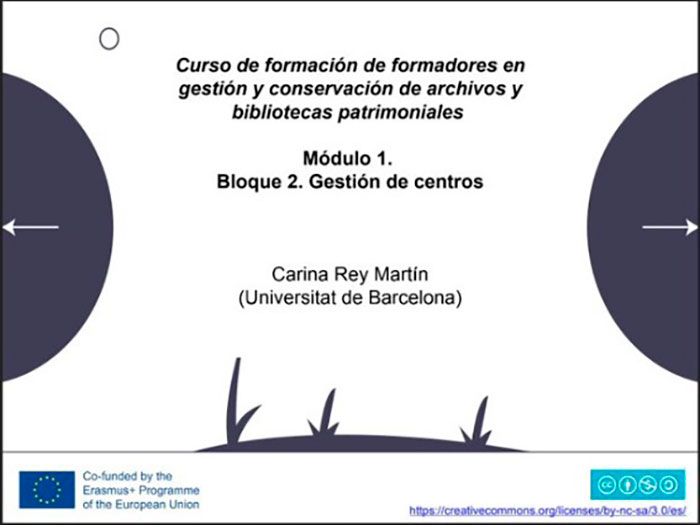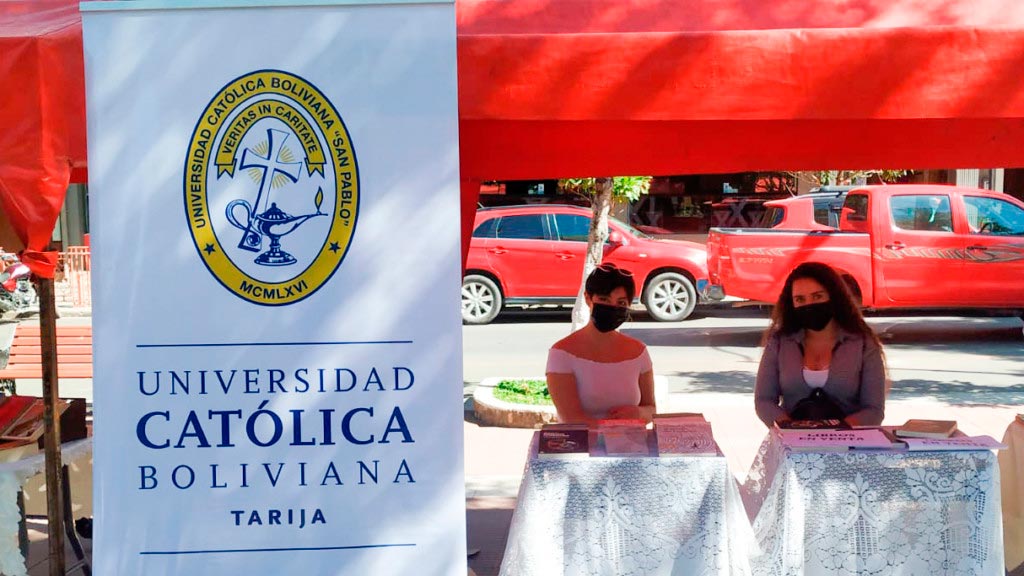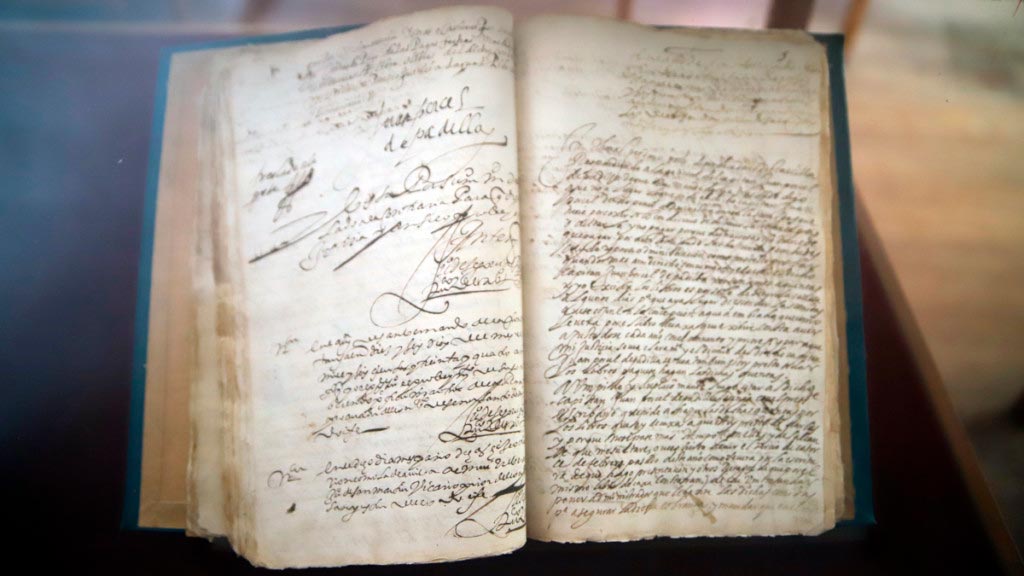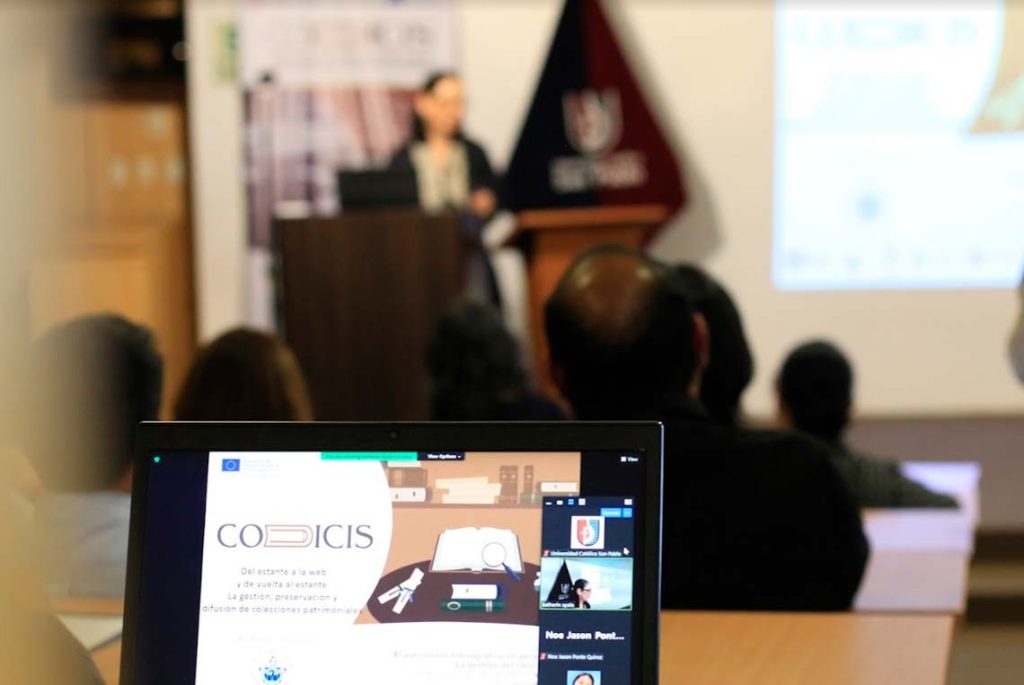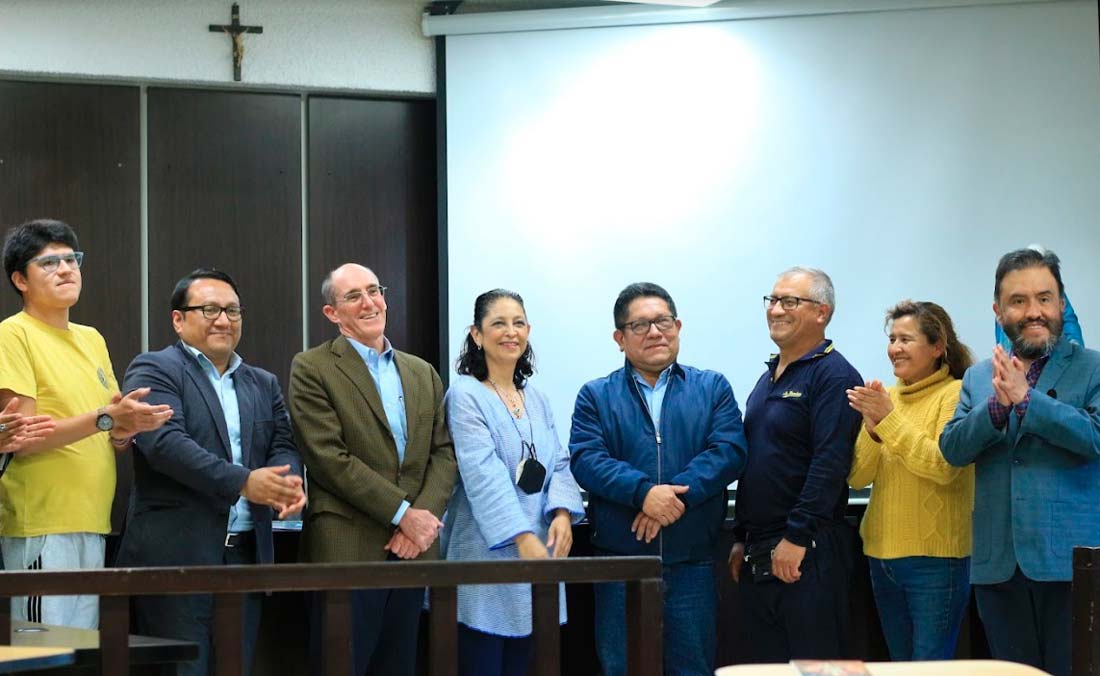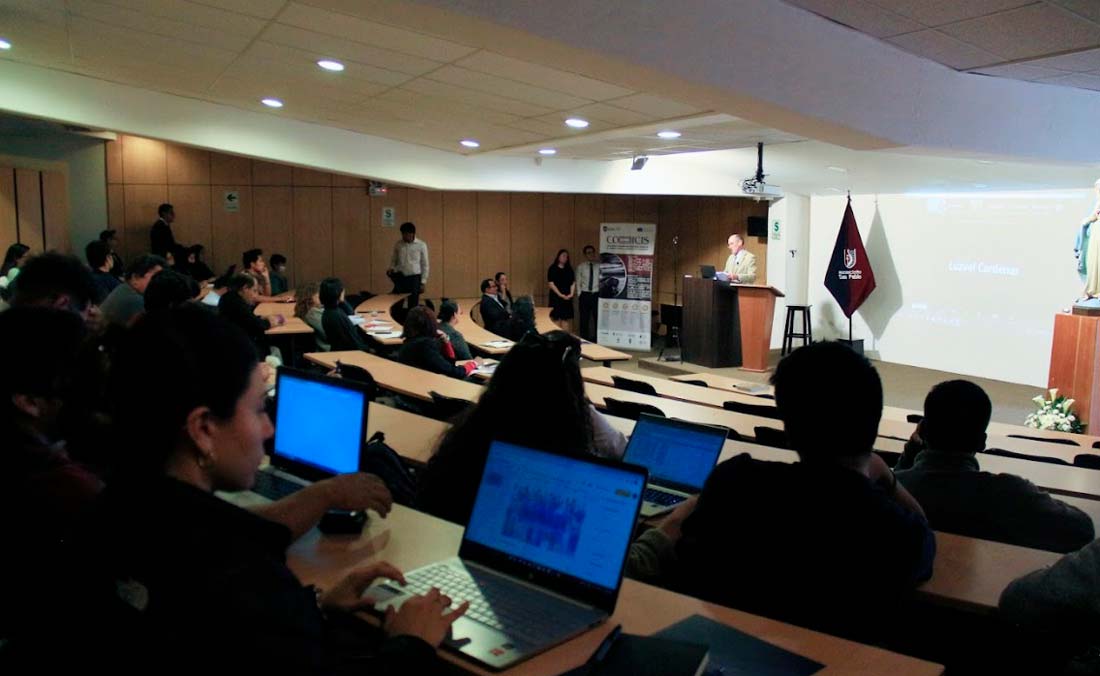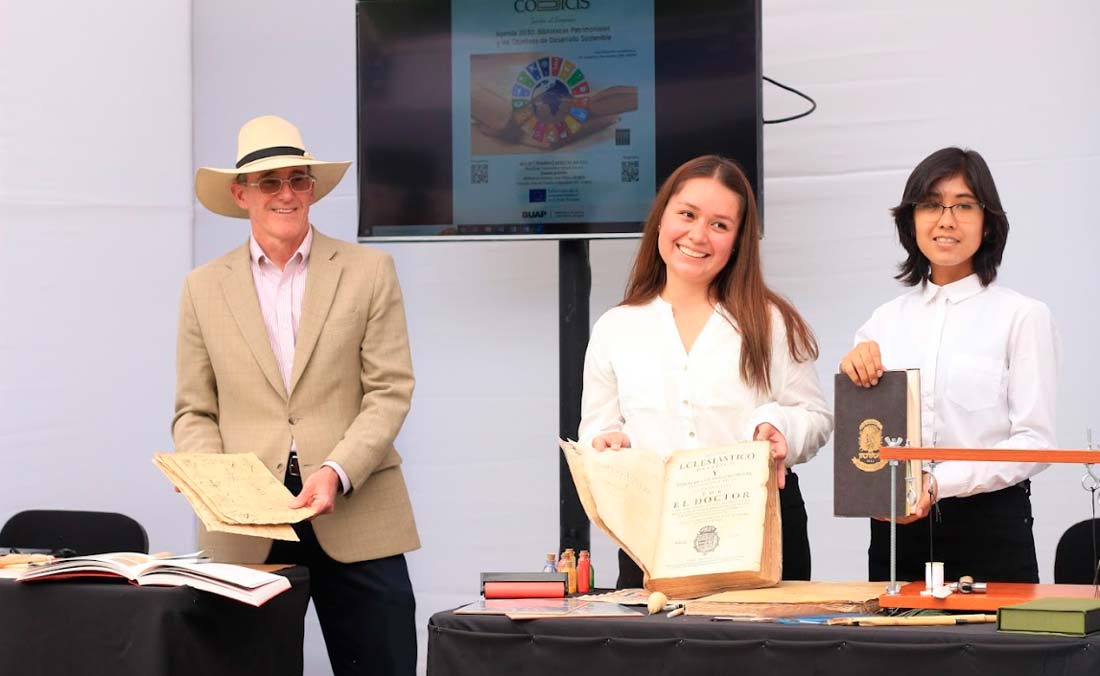Pablo Cruz Quintanilla, manager of Ande. Arte y Ediciones EIRL maintains that the organizations that maintain their documentary repositories and allow the user to access them receive decisive attention from the community.
Pablo Cruz Quintanilla is one of the exhibitors who will participate in the regional symposium “Conservation and Management of Documentary Heritage. Good practices and current possibilities”, which will take place on October 24 and 25 at UDEP's Piura Campus. The event will bring together national and international professionals.
The art historian, with extensive experience in projects associated with Peruvian history and art, highlights the importance of actions aimed at recovering, protecting and disseminating documentary heritage for the preservation of information which strengthens collective memory and indicates the origin of a region or the cultural history of the country.
“The importance of the work of safeguarding the documentary legacy lies in the very fact of safeguarding those written or visual works that consolidate the identity of a society. For this reason, entities such as archives, universities and museums, linked to the production of historical, cultural, artistic and scientific knowledge, have the capacity to generate documentary recovery projects,” notes Cruz Quintanilla.
It also indicates that allocating resources for documentary preservation provides greater visibility for an institution, including universities. “Currently, with new technological and dissemination means, the organizations that maintain their documentary repositories and, even more, allow their availability to the user, receive decisive attention from the community,” he says.
Conservation in Peru
Cruz Quintanilla points out that, although there have been successive projects for the recovery and conservation of documentary heritage in Peru, “digital reprography (reproduction) initiatives are just beginning to gain strength. Furthermore, due to the limited technological means available, the digitization of written and visual documents is still new for the country.”
It also recommends that to adequately disseminate the documentary heritage, the first thing to do is to make it available to the community. “The most effective way is by making it visible through traditional media, publications or in-person exhibitions, and through virtuality, generating digital catalogs and promoting said materials through social networks,” he notes.
He explains that people in general, researchers, intellectuals and scientists are in constant search for knowledge about different historical topics. “Hence his recurring interest in knowing written or visual sources protected by public or private institutions. The efforts of entities to make this knowledge accessible can be achieved through their management capacity and the undertaking of potential projects. Even with scarce resources, the search for financing or self-sustainability constitutes economic tools to undertake documentary preservation plans,” he notes.
About the symposium
The objective of the academic meeting “Conservation and Management of Documentary Heritage. Good practices and current possibilities” is to highlight the importance of the conservation, management and dissemination of documentary heritage (archival and bibliographic), through the presentation of experiences carried out in archives and libraries in Peru and the world.
The event is organized by the Central Library, the Faculty of Humanities and the International Relations Department of the University of Piura, within the framework of the Erasmus + Project, Codicis (financed by the European Commission), and will be held in hybrid mode.
To participate in virtual format, you can register here; To attend the in-person format, register by email ximena.mendoza.o@udep.edu.pe.
October 21, 2022
See original note: Here
